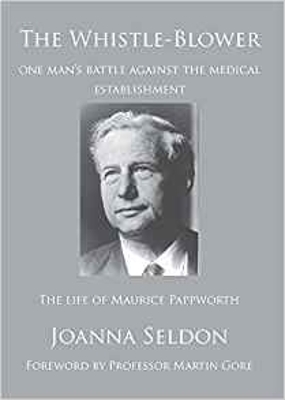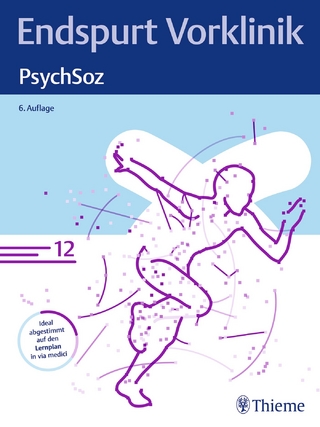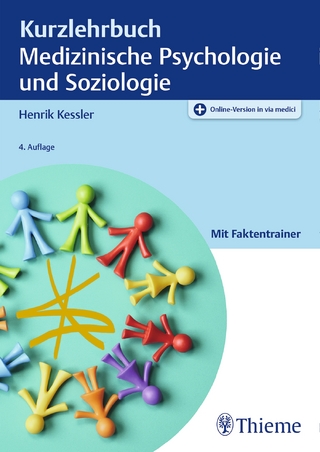
The Whistle-Blower
the story of one man's battle against the medical establishment
Seiten
2017
The University of Buckingham Press (Verlag)
978-1-908684-97-4 (ISBN)
The University of Buckingham Press (Verlag)
978-1-908684-97-4 (ISBN)
Whistle-blowers tend not to make themselves popular. Maurice Pappworth's whistle was Human Guinea Pigs, the controversial book published in 1967 which examined unethical medical experimentation on humans, identified the researchers and institutions responsible, took the medical establishment by storm and provoked questions in Parliament.
"No doctor, however great his capacity or original his ideas, has the right to choose martyrs for science or for the general good." Human Guinea Pigs: Experimentation on Man.
Whistle-blowers tend not to be very popular. Maurice Pappworth's whistle was in the form of Human Guinea Pigs, the controversial book published in 1967 which examined unethical medical experimentation on humans and identified the researchers and institutions responsible. The ground-breaking text took the medical establishment by storm and provoked questions in Parliament.
Brilliant, Jewish, already an outsider, Pappworth was recognised as the best medical teacher in the country. But convinced that the reason for these experiments being carried out was purely to advance the careers of ambitious practitioners, Pappworth had to speak up.
In the wake of his expose, stricter codes of practice for human experimentation were put into place and the establishment of the research ethics committees was formed, which remains in place today.
Maurice Pappworth's daughter, the late Joanna Seldon, re-assesses the importance of Human Guinea Pigs in her book Whistle-blower: The Life of Maurice Pappworth. She considers her father's text a major milestone in the development of current medical research ethics and demands a re-evaluation of the pioneering medical ethicist who compromised his own career in order to ensure the protection of the patient.
"No doctor, however great his capacity or original his ideas, has the right to choose martyrs for science or for the general good." Human Guinea Pigs: Experimentation on Man.
Whistle-blowers tend not to be very popular. Maurice Pappworth's whistle was in the form of Human Guinea Pigs, the controversial book published in 1967 which examined unethical medical experimentation on humans and identified the researchers and institutions responsible. The ground-breaking text took the medical establishment by storm and provoked questions in Parliament.
Brilliant, Jewish, already an outsider, Pappworth was recognised as the best medical teacher in the country. But convinced that the reason for these experiments being carried out was purely to advance the careers of ambitious practitioners, Pappworth had to speak up.
In the wake of his expose, stricter codes of practice for human experimentation were put into place and the establishment of the research ethics committees was formed, which remains in place today.
Maurice Pappworth's daughter, the late Joanna Seldon, re-assesses the importance of Human Guinea Pigs in her book Whistle-blower: The Life of Maurice Pappworth. She considers her father's text a major milestone in the development of current medical research ethics and demands a re-evaluation of the pioneering medical ethicist who compromised his own career in order to ensure the protection of the patient.
The late Dr Joanna Seldon was Maurice Pappworth's daughter. She graduated from Oxford in 1976 with the top first for her subject in her year. She was an independent teacher and writer and published a number of short stories and poems. Her novels include Still Crazy (2013), Squared (2014), Piper's Hole (2014) and Waterloo to Wellington: From Iron Duke to Enlightened College (2015).
| Erscheinungsdatum | 01.10.2017 |
|---|---|
| Sprache | englisch |
| Maße | 160 x 240 mm |
| Gewicht | 588 g |
| Themenwelt | Literatur ► Biografien / Erfahrungsberichte |
| Sachbuch/Ratgeber ► Natur / Technik | |
| Medizin / Pharmazie ► Gesundheitswesen | |
| Medizin / Pharmazie ► Medizinische Fachgebiete ► Laboratoriumsmedizin | |
| Medizin / Pharmazie ► Medizinische Fachgebiete ► Medizinethik | |
| Studium ► 1. Studienabschnitt (Vorklinik) ► Med. Psychologie / Soziologie | |
| Studium ► Querschnittsbereiche ► Geschichte / Ethik der Medizin | |
| Recht / Steuern ► EU / Internationales Recht | |
| ISBN-10 | 1-908684-97-6 / 1908684976 |
| ISBN-13 | 978-1-908684-97-4 / 9781908684974 |
| Zustand | Neuware |
| Informationen gemäß Produktsicherheitsverordnung (GPSR) | |
| Haben Sie eine Frage zum Produkt? |
Mehr entdecken
aus dem Bereich
aus dem Bereich


